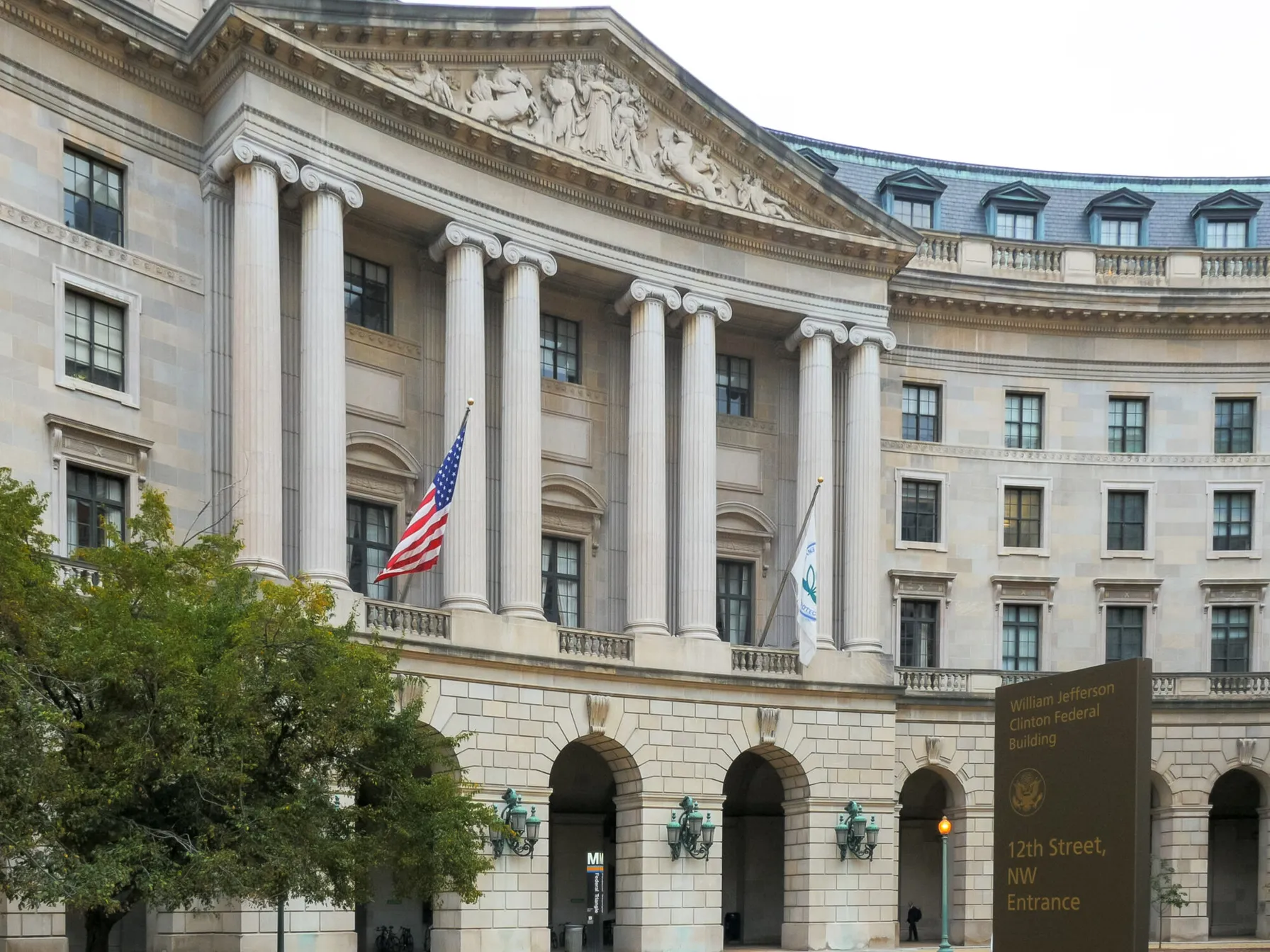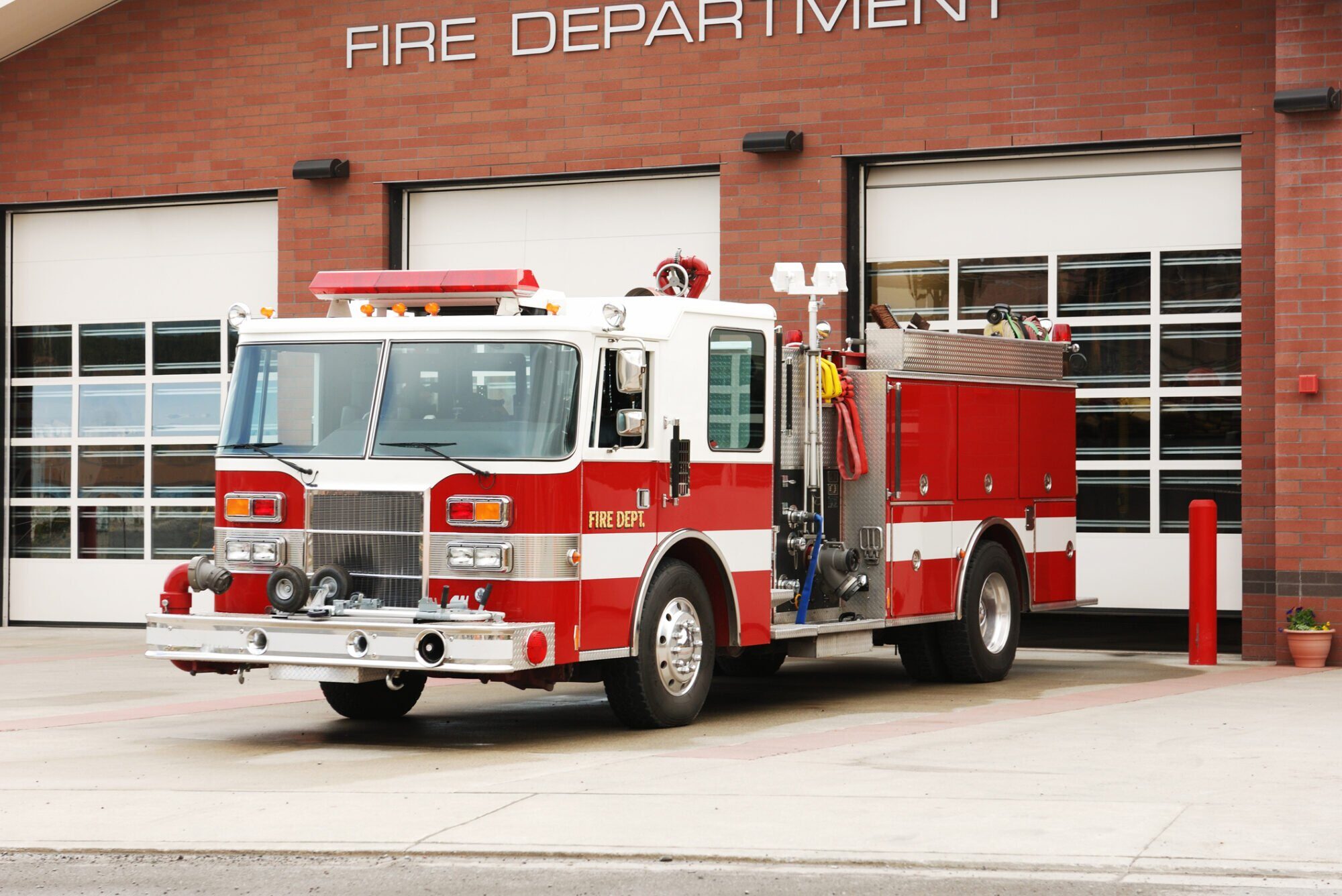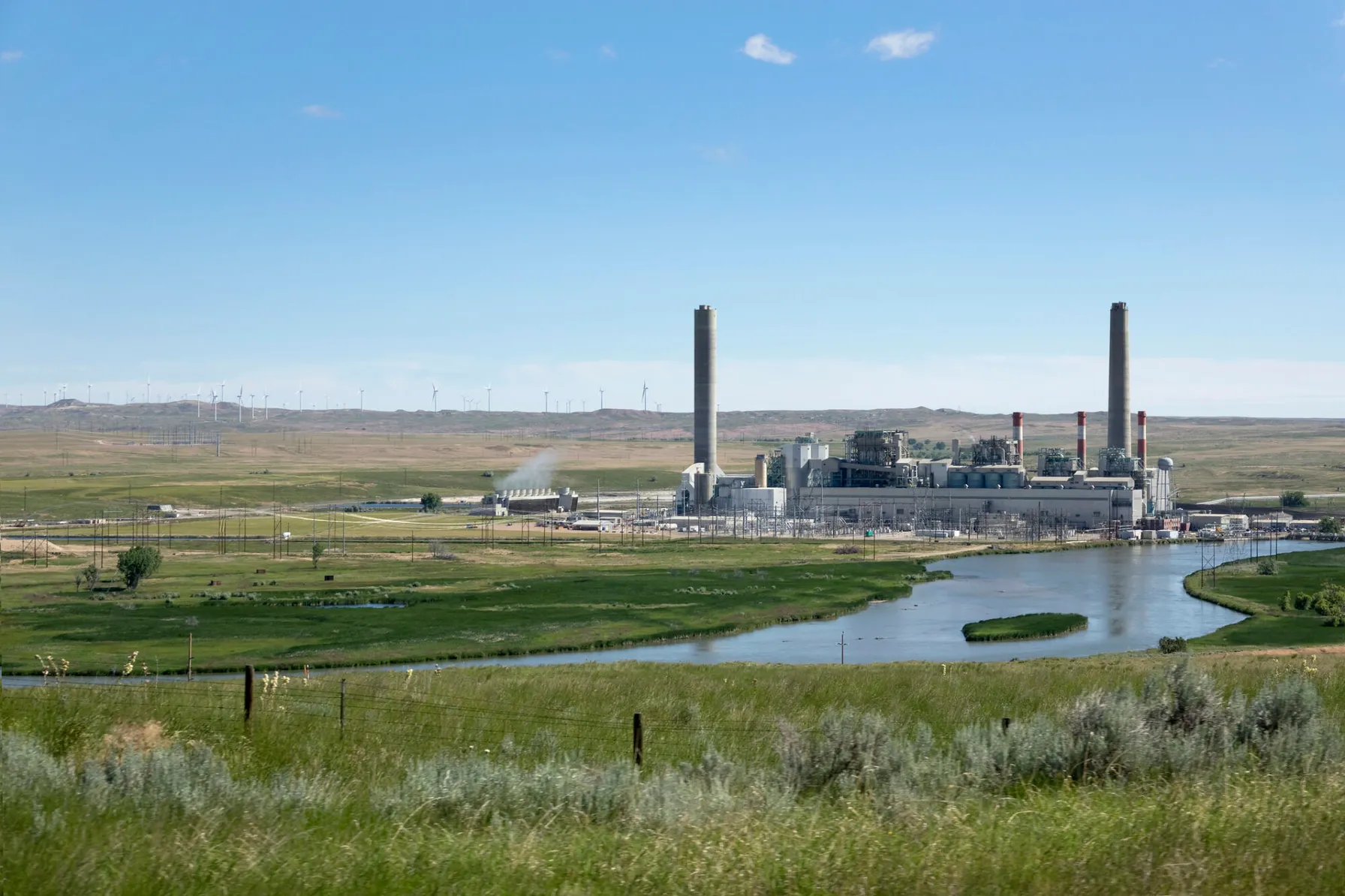More than a year following the publishing of the new ASTM E1527-21 Phase I Environmental Site Assessment (Phase I ESA) standard by ASTM International, prospective purchasers, financial institutions and consultants received word that the USEPA published a Final Rule to amend the All Appropriate Inquiries (AAI) rule on December 15, 2022. The rule will go into effect on February 13, 2023, making the ASTM E1527-21 Phase I ESA standard AAI compliant.
EPA Actions
Earlier this year, the USEPA completed their review of the new standard and proposed amending the Standards and Practices for AAI to allow for the new ASTM E1527-21 Phase I ESA standard to be referenced and used. Comments were due by April 13, 2022 and the rule was expected to go into effect on May 13, 2022.
On May 2, 2022, the USEPA withdrew its proposed Final Rule following the submission of adverse comments primarily related to the continued recognition of the historical ASTM E1527-13 Phase I ESA standard as AAI compliant. In the recently passed Final Rule, the USEPA acknowledges the potential confusions associated with the recognition of a historical standard that is no longer considered current by ASTM International. Therefore, the USEPA has decided that ASTM E1527-13 will “sunset” on February 13, 2024 to allow for ongoing projects to be completed.
Related Services
What’s Changed
As discussed in TRC’s January 25, 2022 article “New Phase I ESA Standard will Affect Environmental Due Diligence”, the Phase I ESA standard helps to identify the standards and practices of environmental due diligence, helping to ensure that prospective purchasers of commercial or industrial properties can obtain legal protection under the Comprehensive Environmental Response, Compensation & Liability Act (CERCLA). In addition, TRC outlined changes that would be recognized and implemented upon approval of the updated standard, including: clarifying definitions of a Recognized Environmental Condition (REC), Controlled REC (CREC), and Historical REC (HREC); when to consider emerging contaminants as a Business Environmental Risk (BER); how to properly review applicable historical research resources such as topographic and fire insurance maps, aerial photographs, and city directories for on- and off-site properties; and more. These revisions were intended to increase consistency of future reports industry-wide.
TRC’s Recommendation
TRC recommends becoming familiar with the new ASTM E1527-21 Phase I ESA standard and to plan for Phase I ESA reports finalized on or after February 13, 2023 to be in compliance with the new standard. However, Phase I ESA reports completed in accordance with ASTM E1527-13 will be acceptable until February 13, 2024. TRC’s Due Diligence CORE team continuously monitors ASTM E1527 news and updates and will share additional information as it becomes available.
Our CORE team works together to ensure the experience and expertise across TRC can be accessed to meet challenges and provide the best service to help protect our clients. Contact Our Experts Below To Learn More.
Sharing Our Perspectives
Our practitioners share their insights and perspectives on the trends and challenges shaping the market.

Changes to EPA’s Risk Management Program (RMP) Regulations Are Coming
April 14, 2023
Changes to the Risk Management Program (RMP) regulations were signed into a final rule on February 27, 2024, by EPA Administrator Michael S. Regan.

EPA Finds Trichloroethylene Presents Unreasonable Risk in Final Risk Evaluation
April 6, 2023
On Jan 9, 2023, the United States Environmental Protection Agency (EPA) revised the Toxic Substance Control Act (TSCA) to reflect a new risk determination for trichloroethylene (TCE).

Proposed Use of a Hazard Index for PFAS National Primary Drinking Water Regulation (NPDWR)
April 4, 2023
The Proposed MCL and MCLG for the four PFAS, PFNA, PFHxS, GenX, and PFBS, considers their toxicity as additive. The EPA has proposed a HI of 1.0 as the MCL and MCLG for the four PFAS combined.

Using the R2 Guidance in Indiana
March 21, 2023
TRC outlines the new R2 Guidance in Indiana

Routinely Evaluating the Health & Effectiveness of Integrated Systems to Manage EHS/ESG Risks – Part I
March 1, 2023
Once established, an EHS/ESG management system must be routinely evaluated to ensure it remains effective to identify and control risks, as well as accommodate and adjust for changes that occur to/within the organization.

Consequences of a Lowered NAAQS for PM2.5
February 16, 2023
TRC breaks down the significance of EPA lowering the NAAQS for PM₂.₅
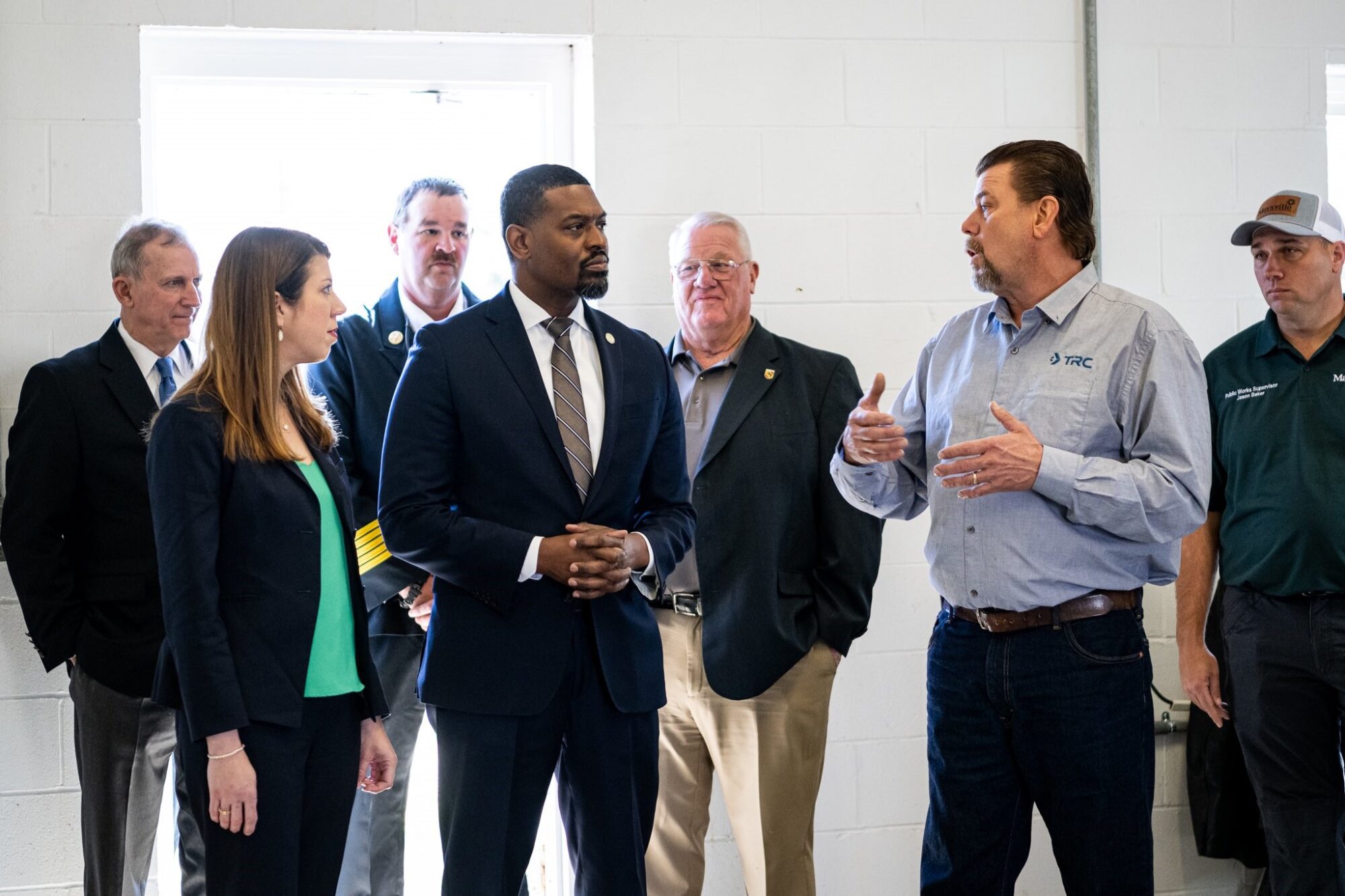
EPA Announces $2 Billion in Funding to Address Emerging Contaminants in Drinking Water
February 14, 2023
Environmental Protection Agency Administrator Michael Regan announced $2 Billion in infrastructure funding to help the nation’s rural water supplies.
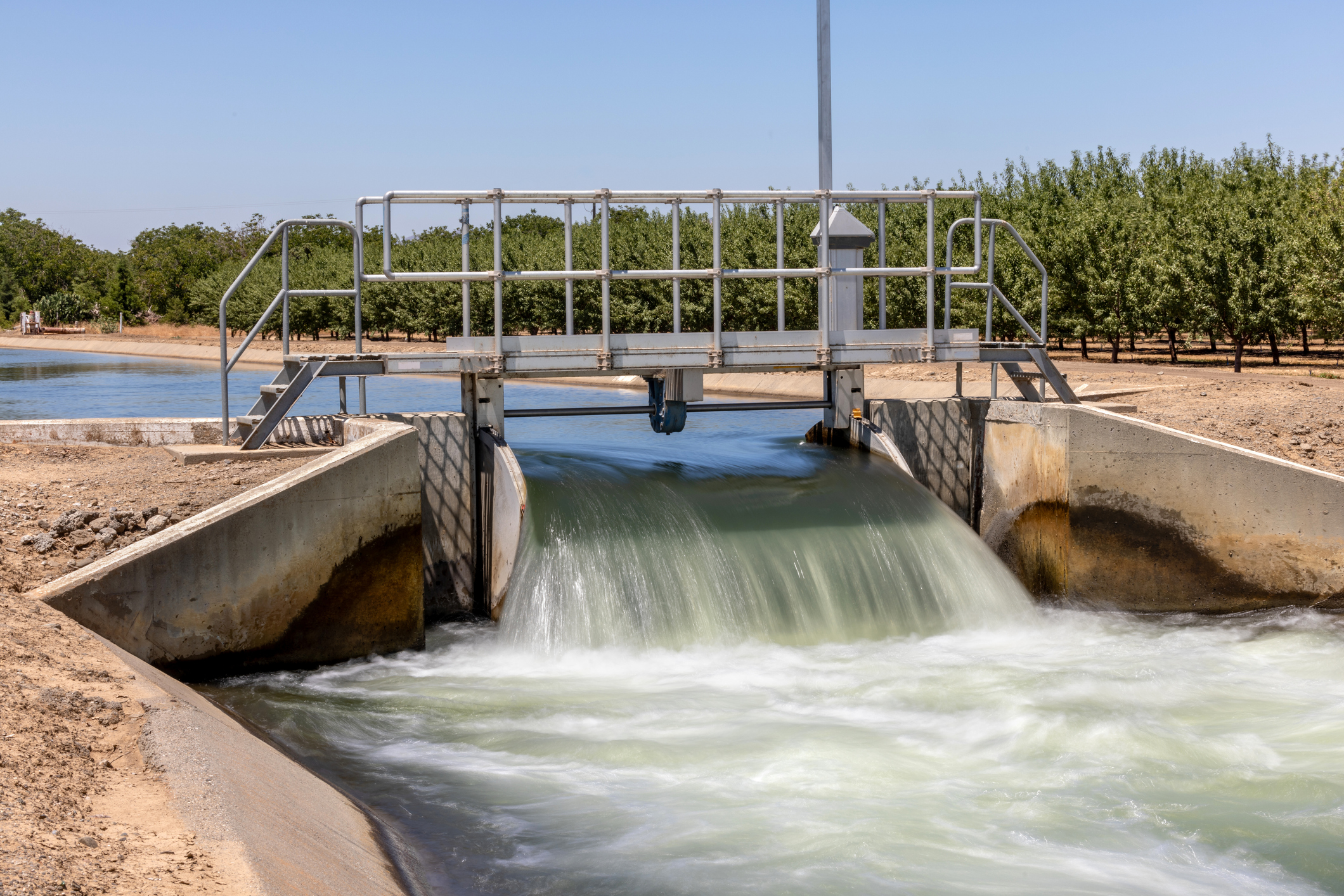
EPA Publishes Effluent Guidelines Program Plan 15
February 14, 2023
The EPA announced updated effluent limitations guidelines under Plan 15, focusing on the evaluation and rulemaking process for per- and polyfluoroalkyl substances (PFAS) discharges.

Phase I ESA ASTM Standard Update: The Wait is Over
December 21, 2022
The USEPA published a Final Rule making the ASTM E1527-21 Phase I ESA standard AAI compliant.

Proactive Enforcement is Key in the EPA FY2022-2026 Strategy
October 19, 2022
A core element of the EPA FY2022-2026 Strategic Plan focuses on environmental compliance.

Preparing for EPA Inspections in Environmental Justice Communities
October 4, 2022
The EPA Office of Enforcement and Compliance Assurance Have Expanded Goals to Strengthen Enforcement and Protections Within EJ Communities

New National Emerging Contaminants Research Initiative
September 12, 2022
The Executive Office of the President of the United States announced a National Emerging Contaminant Research Initiative

NERC Proposes Implementation Guidance for PRC-019-2
August 22, 2022
NERC has proposed implementation guidance for PRC-019-2, the standard that verifies coordination of generating unit facility or synchronous condenser voltage regulating controls, limit functions, equipment capabilities and protection system settings.

Optimizing EHS/ESG Information Management and Reporting Systems by Leveraging Innovative Digital Technology Solutions
August 10, 2022
A single, integrated enterprise wide EHS/ESG IMS can significantly improve performance and communicate progress towards organizational requirements and goals.
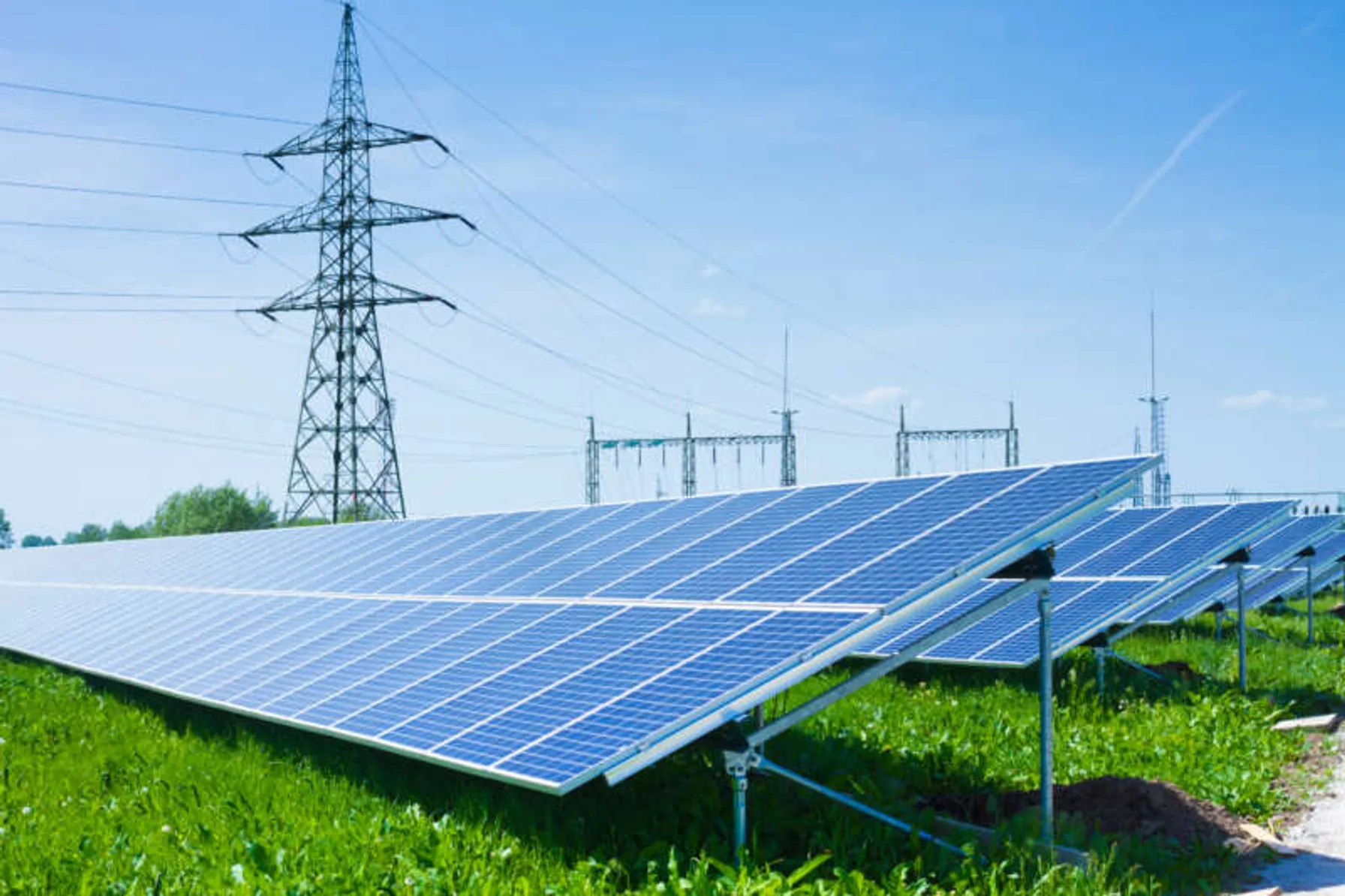
Revisions to FAC-001 and FAC-002 Submitted for FERC Approval
July 12, 2022
Reliability Standards FAC-001-4 and FAC-002-will resolve uncertainty regarding the meaning of “materially modify” under the currently effective standards.

FERC Order No. 881-A Has Implications for NERC Compliance Programs
June 23, 2022
Updated Order will have significant impact on NERC compliance programs related to both PRC standards and facilities ratings. Utilities should review the Order’s requirements and prepare for changes needed to remain compliant.
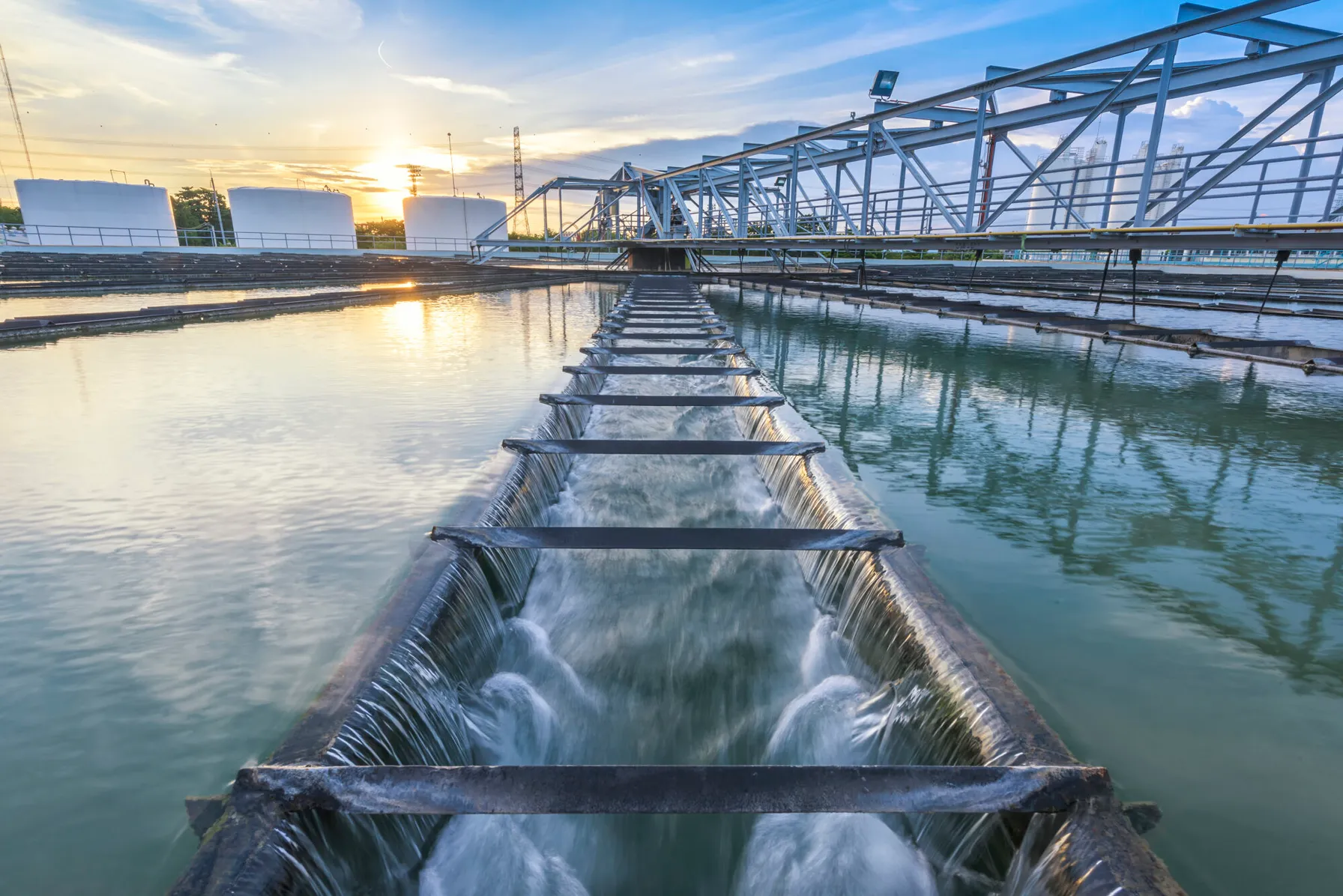
Integrating Sustainability, Digital Connectivity and Design Optimization in Wastewater Treatment Systems
June 20, 2022
Some organizations rarely think about water and wastewater treatment, until there is a problem. American industry depends on the ability to treat wastewater discharges while complying with regulatory standards and addressing emerging contaminants. If wastewater treatment fails, our environment is negatively impacted, and companies are exposed to shutdowns, delays and fines.

Climate Action and Environmental Justice are at the Forefront of EPA’s Strategic Plan
June 14, 2022
The EPA issued its Fiscal Year 2022-2026 Strategic Plan. Although the strategic plans emphases often change with administrations, we can be reasonably certain that the Plan reflects priorities through 2024.
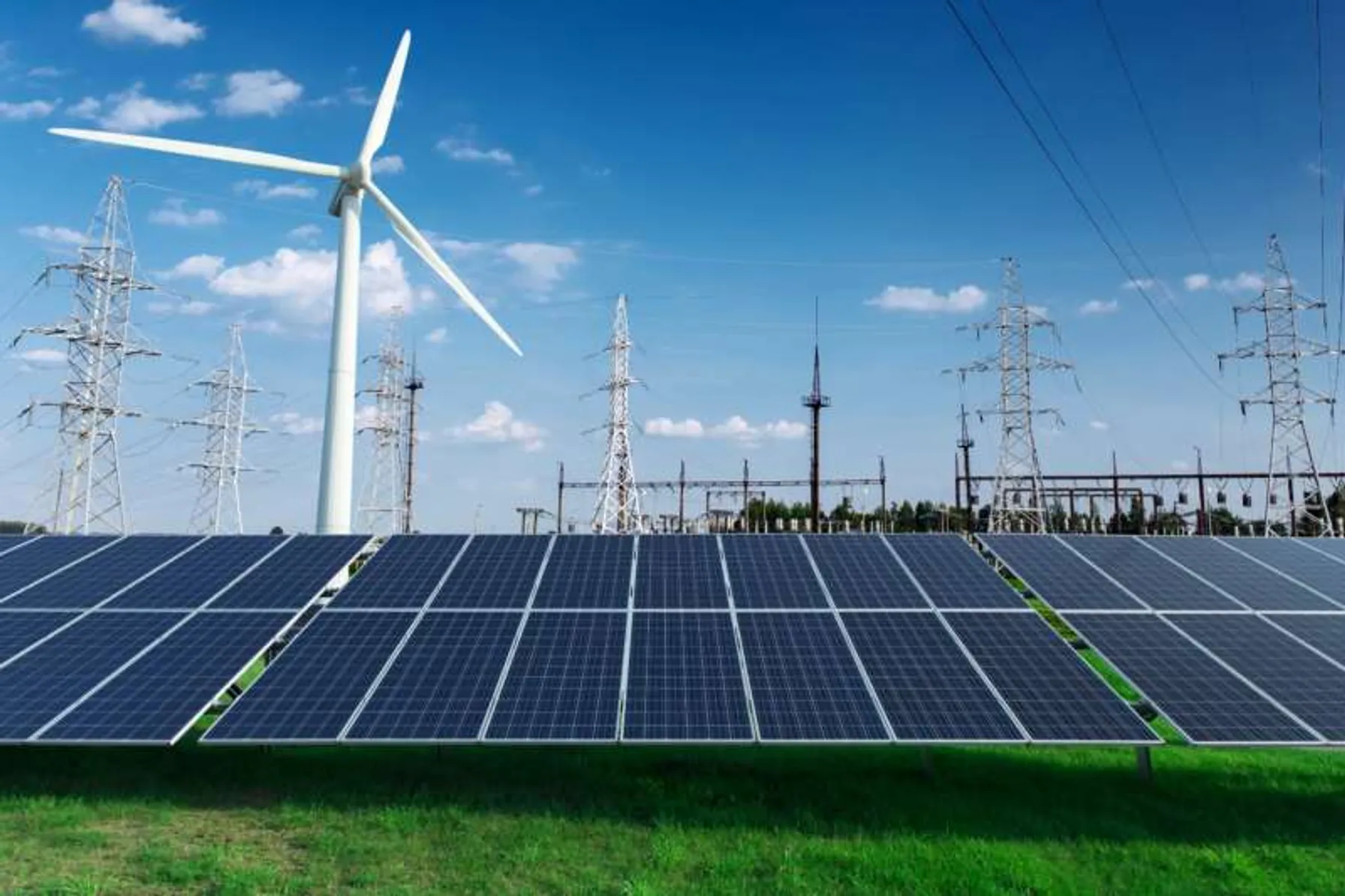
NERC’s Revised PRC-024-3 Standard for Inverter-Based Generation Effective in October 2022
May 11, 2022
Changes to PRC-024-3 in support of inverter-based generation performance are going into effect in October of this year. Interconnection programs and documentation procedures may need to be updated in order to maintain compliance.
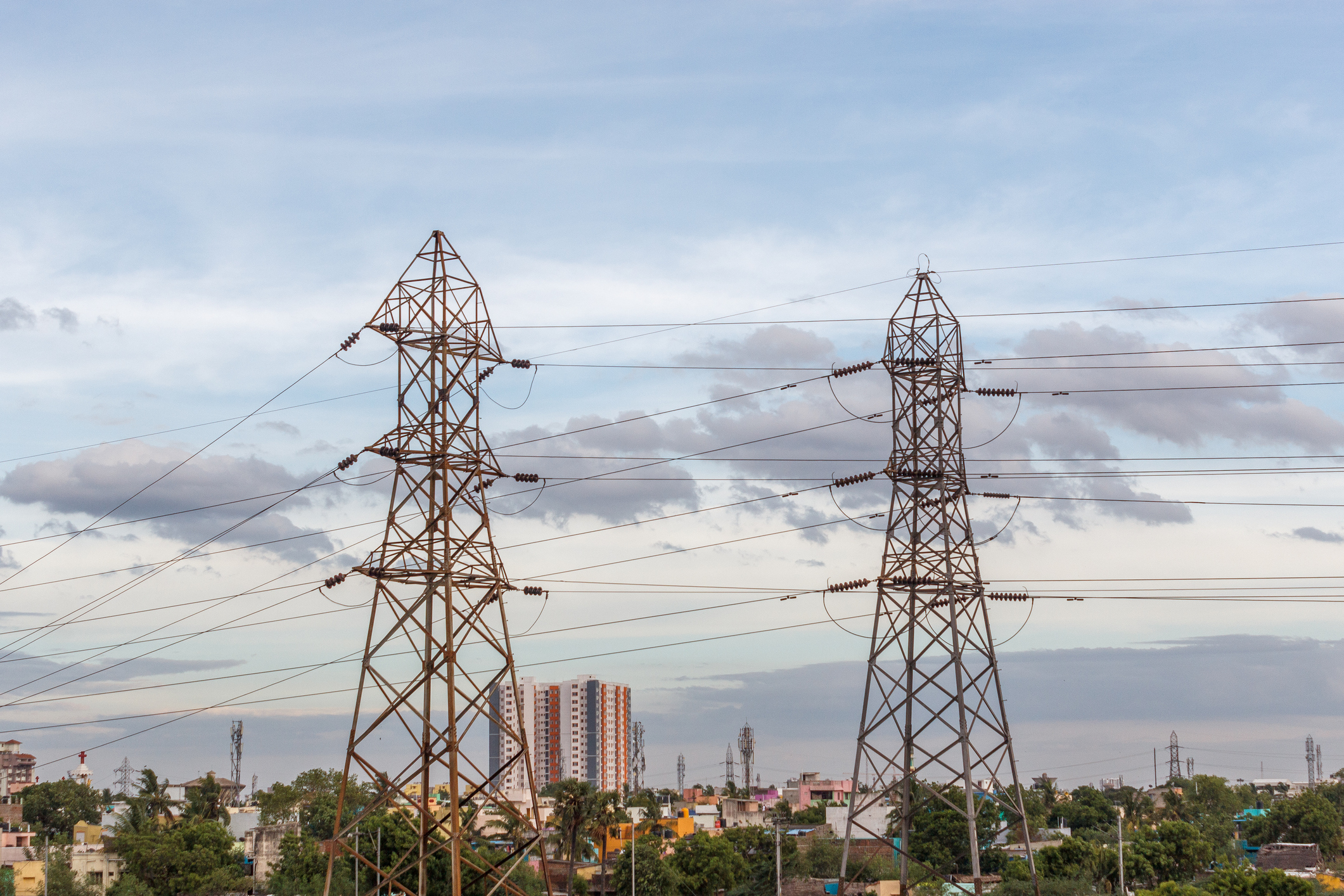
FERC Issues Notice of Inquiry Regarding Dynamic Line Ratings
April 25, 2022
There are significant technical challenges involved in implementing Dynamic Line Ratings in the planning and operation of utility systems. Utilities should be prepared to modify their NERC compliance programs as necessary to address the potential introduction of DLR in their businesses.

Why Are ESG Frameworks Important?
April 13, 2022
ESG standards significantly impact long-term growth, leading many companies to integrate ESG reporting into their corporate social responsibility (CSR) strategies. ESG frameworks are broad and diverse, and establishing a reporting system that covers your industry’s most relevant metrics can be challenging.
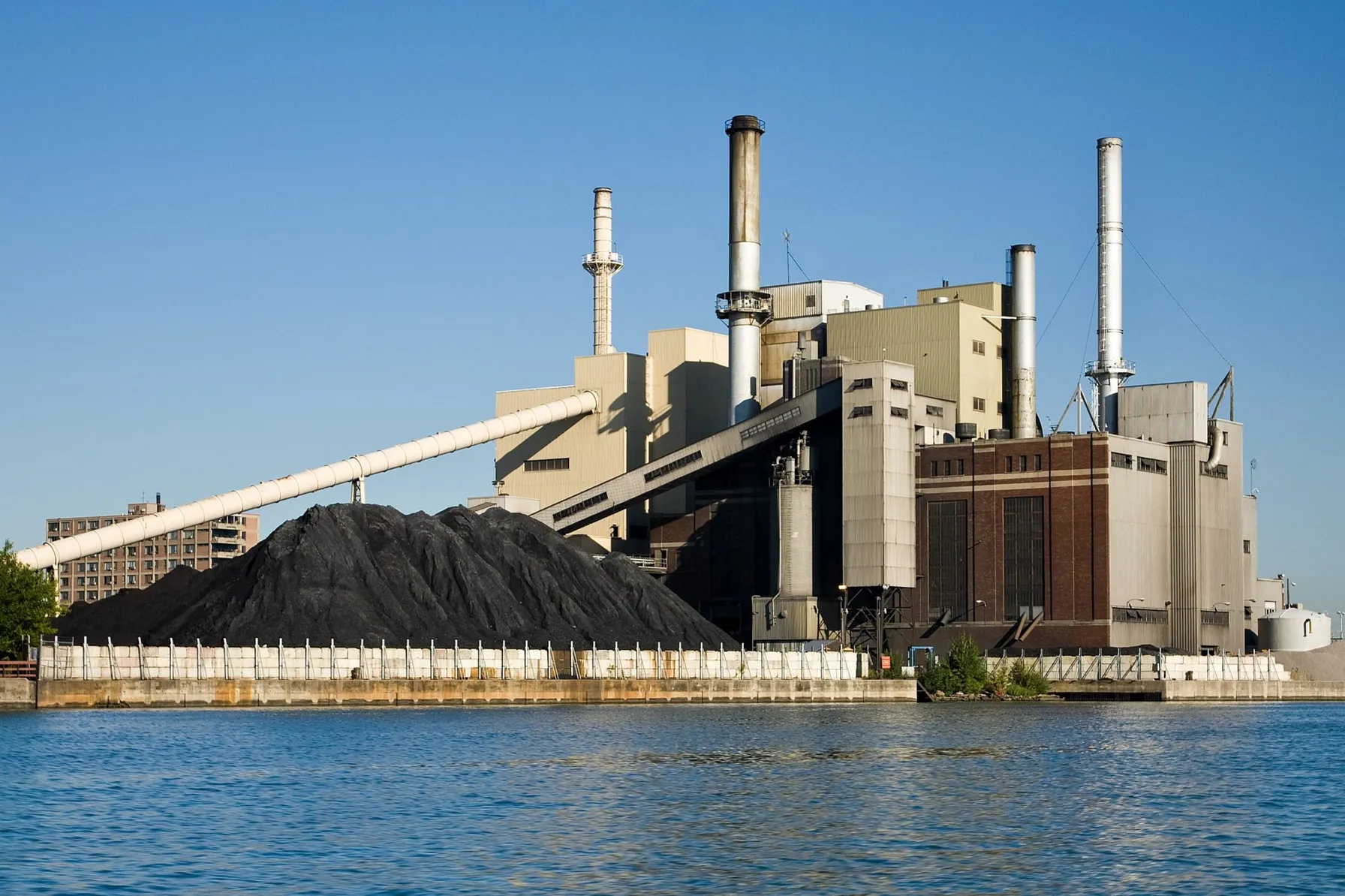
EPA Coal Ash Compliance Expectations Updated
March 28, 2022
New EPA Communications highlight new Coal Combustion Residual compliance expectations, a shift from the current program.

New NERC Guidance Supports the Implementation of Grid Forming Inverters
March 8, 2022
NERC has issued a new report highlighting the key attributes of various inverter controls to support proper implementation and to protect reliability.
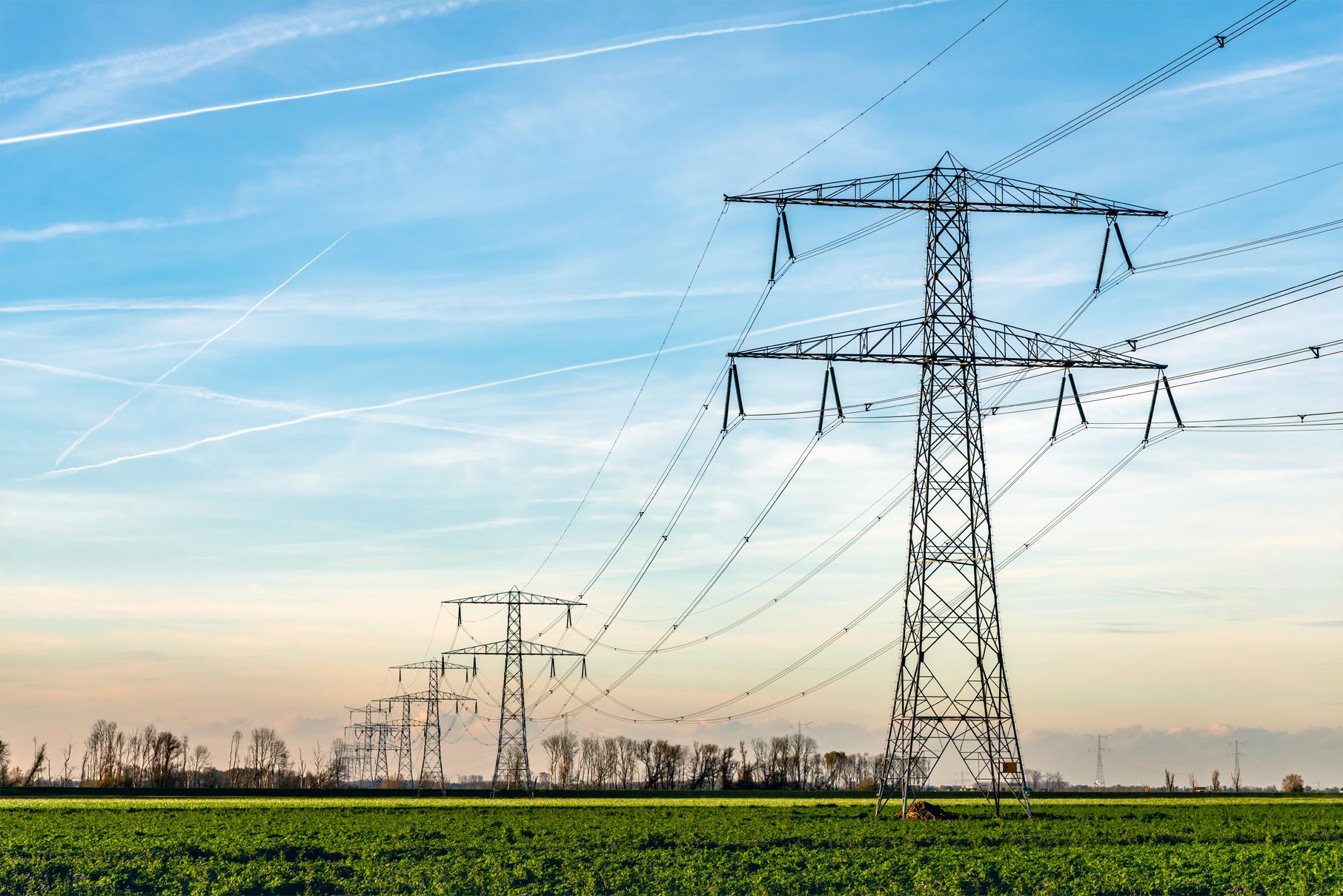
NERC Recommends Approaches for Underfrequency Load Shedding Programs
February 24, 2022
In a recently released reliability guideline, NERC recommends additional approaches for Underfrequency Load Shedding (UFLS) program design to help utilities effectively consider the effects of Distributed Energy Resources (DERs). The guidance was developed to address the accelerated transition of the power system to locally installed, decarbonized resources that depend on inverters. These new technologies introduce operational controls issues into the electric grid. UFLS data gathering and analysis methodologies may require modification to address reliability risks.
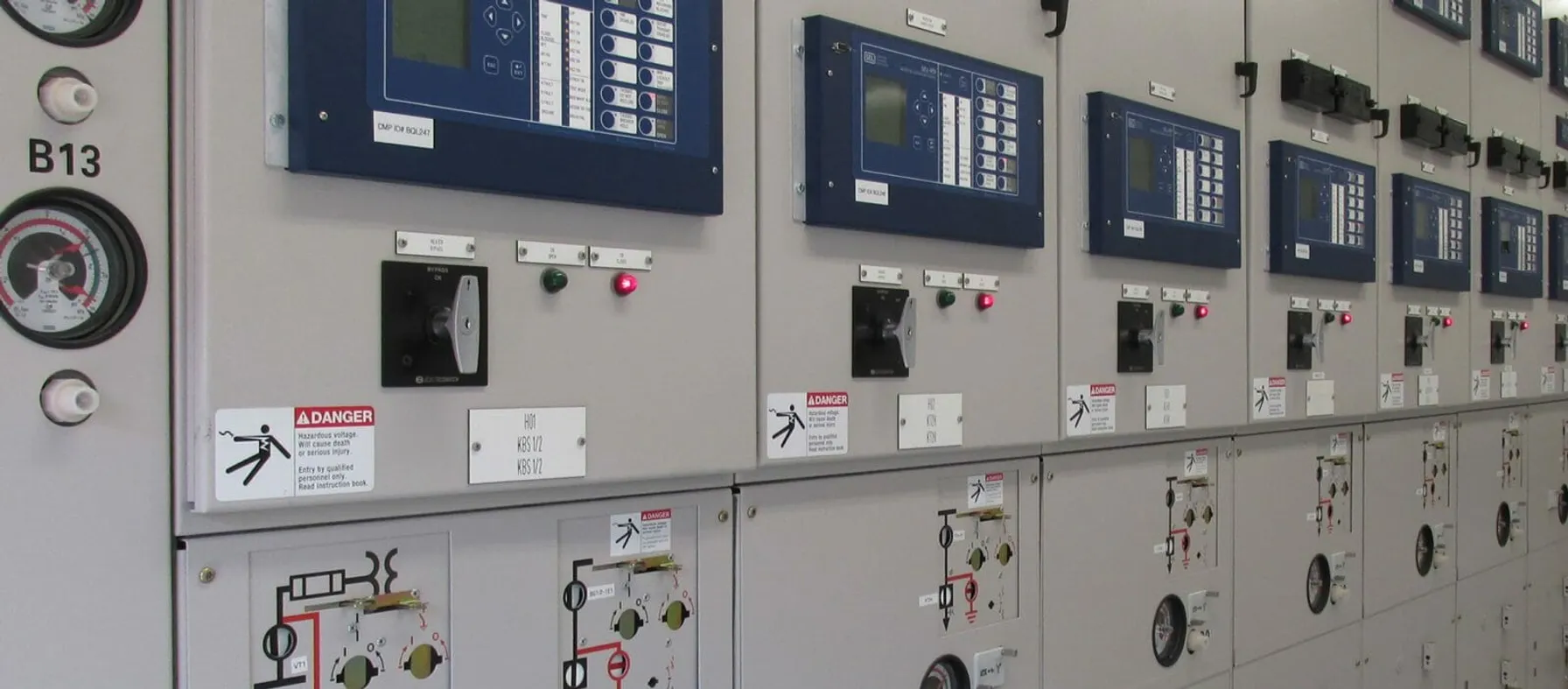
NERC and FERC Recommend Protection System Commissioning Improvements
January 18, 2022
Between 18 and 36 percent of reported utility misoperations were attributed to issues that could have been detected through a properly implemented PSC.
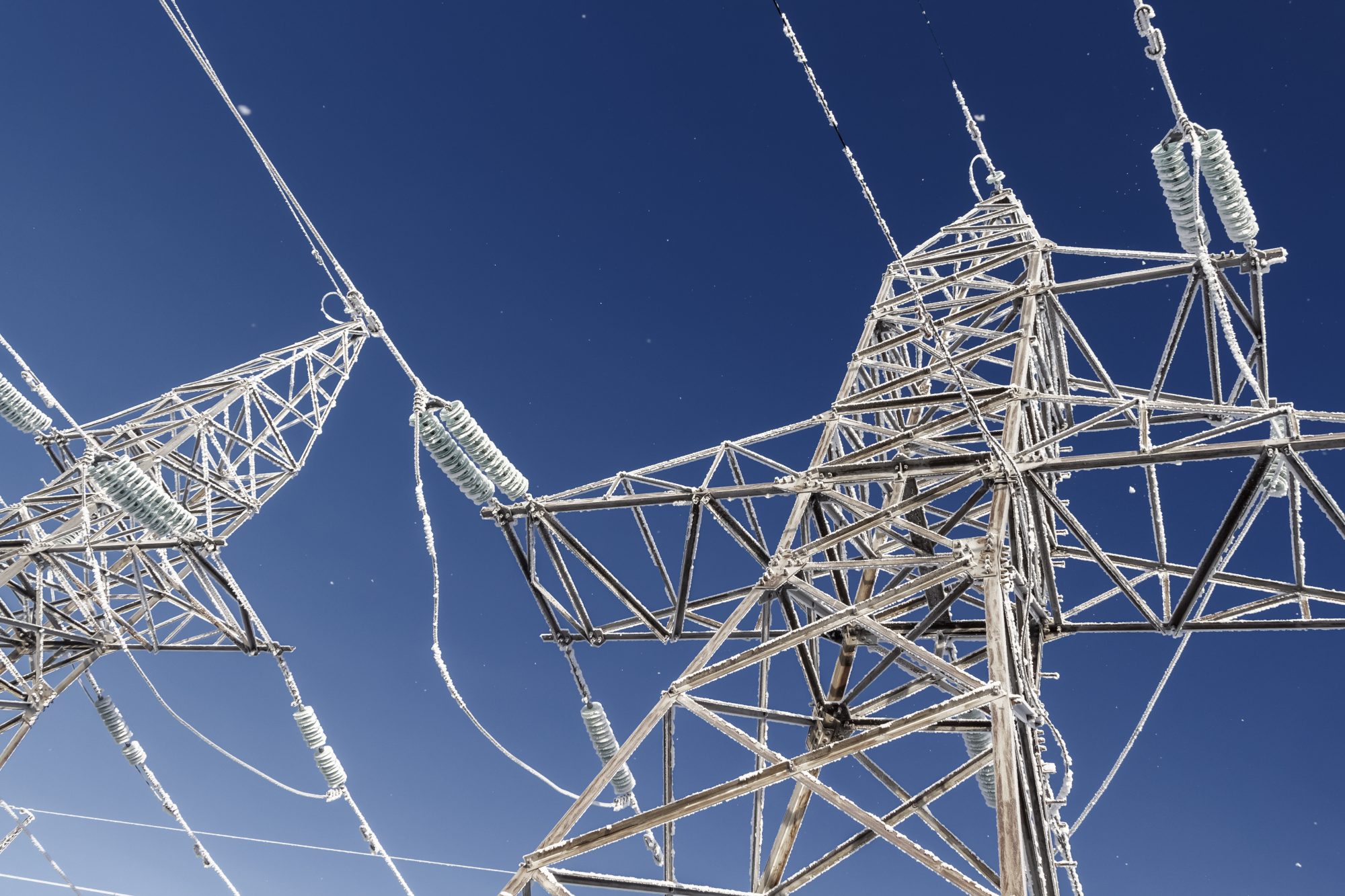
FERC & NERC Issue Joint Report on Freeze Reliability Failures
December 15, 2021
The in-depth report outlines twenty-eight recommendations to address freeze reliability failures, including operating practices and recommendations for NERC standards modifications surrounding generator winterization and gas-electric coordination.
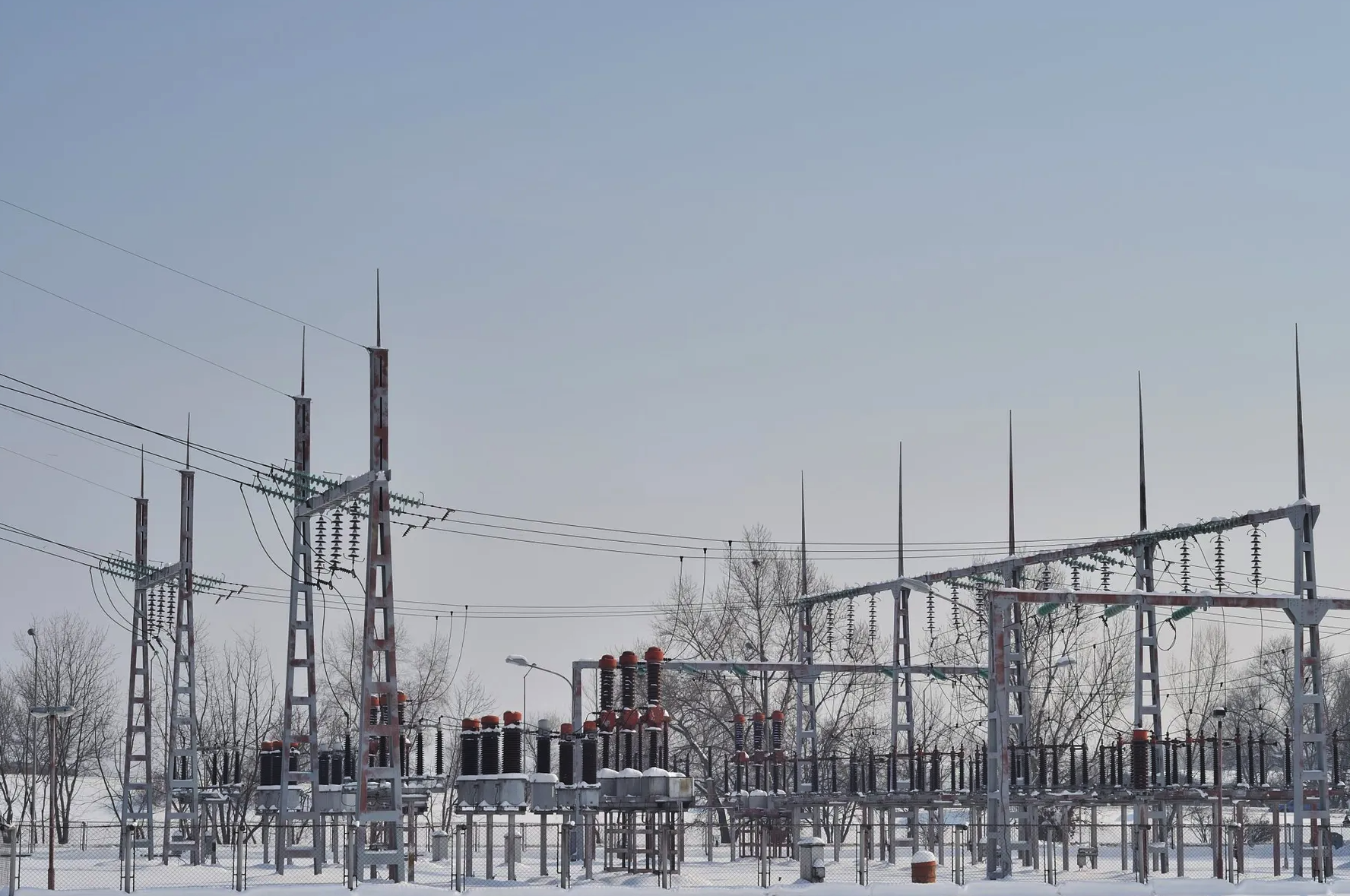
NERC Accelerates Additional Cold Weather Standards Changes
November 22, 2021
At its November 2021 meeting, NERC’s Board of Trustees took aggressive action to advance critical cold weather Reliability Standards. Most notably, the group approved the 2022-2024 Reliability Standards Development Plan, which prioritizes standards projects for the coming years including a resolution to include new cold weather operations, preparedness and coordination standards as high priority development projects.

OSHA’s National Emphasis Program on Heat-Related Illness and Injuries
November 3, 2021
On September 20, 2021 in an OSHA National News Release, OSHA published a memorandum establishing an enforcement initiative that is designed to prevent and protect employees from heat-related illnesses and death. This initiative, which develops a National Emphasis Program (NEP) on heat inspections, is an expansion of an already existing Regional Emphasis Program (REP) in OSHA’s Region VI, which covers Arkansas, Louisiana, New Mexico, Oklahoma and Texas.

New Potential Compliance Standards Identified at FERC Technical Conference on Reliability
October 18, 2021
With a focus on the reliability impact of extreme weather and the shortcomings of current system planning approaches, both NERC and FERC conference participants opened the door to potential forthcoming compliance standard enhancements or changes.

NJDEP Implements New Jersey Environmental Justice Law Through Administrative Order
October 5, 2021
On September 22, 2021, the New Jersey Department of Environmental Protection (NJDEP) Commissioner announced the issuance of Administrative Order (AO) No. 2021-25 to implement New Jersey’s Environmental Justice (EJ) Law. This order is effective immediately, and applicants seeking to site new major source facilities, renew major source permits or expand existing facilities with major source permits (e.g., Title V air permits) in overburdened communities are affected. There are more than 4.5 million people that live within 331 municipalities that are overburdened communities in the state of New Jersey.

OSHA Returns to In-Person Inspections As COVID-19 Restrictions Lift
August 4, 2021
The Occupational Safety and Health Administration (OSHA) is authorized by the Occupational Safety and Health Act of 1970 (OSH Act) to assure employers provide safe and healthful work conditions free of recognized hazards and by setting and enforcing standards and providing training, outreach, education and technical assistance. OSHA has recently announced the return to in-person inspections as COVID-19 restrictions begin to lift.

NERC Proposes Revisions to CIP-008
March 27, 2021
NERC’s CIP-008 standard aims to mitigate reliability risks resulting from a Cyber Security Incident by specifying incident response requirements. Newly proposed revisions would augment mandatory reporting to include incidents that compromise, or attempt to compromise, a utility’s Electronic Security Perimeter (ESP) or associated Electronic Access Control or Monitoring Systems (EACMS).

EPA continues to aggressively address PFAS wastewater with two new strategies
January 4, 2021
EPA takes steps toward PFAS wastewater and storm water permitting, and analytical methods for testing.

Ecological Risk of PFAS from AFFF-Impacted Sites
June 30, 2020
The facts on evaluating exposure to wildlife
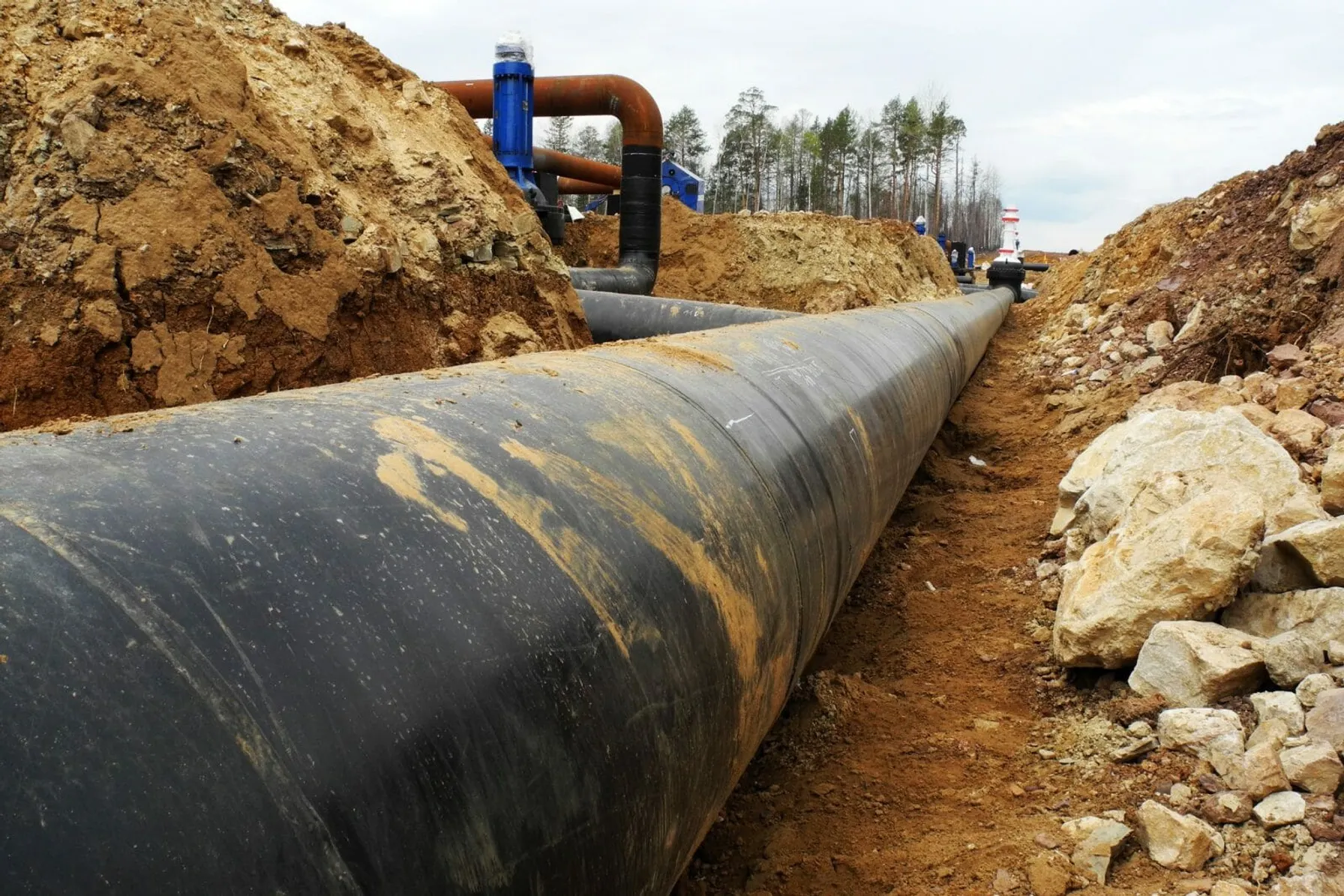
Targeting Perfection in the Construction and Operation of Pipelines
October 18, 2019
To have an impact on the delivery or operation of a pipeline, it’s vital to eliminate the intra- and inter-company barriers, including those in the areas of communications, culture and technology.

PHMSA Publishes New Rules to Increase the Safety of Hazardous Liquid Pipelines and Gas Transmission Pipelines
September 25, 2019
The Pipeline and Hazardous Materials Safety Administration this week published important new rules aimed at improving pipeline safety.

NERC Calls for New Approach to Reliability Planning Due to Gas Supply Disruption Risks
December 14, 2017
A recently published NERC report concludes that as reliance on natural gas to meet electric generation requirements increases, additional planning and operational measures must be considered to mitigate power system reliability risks.
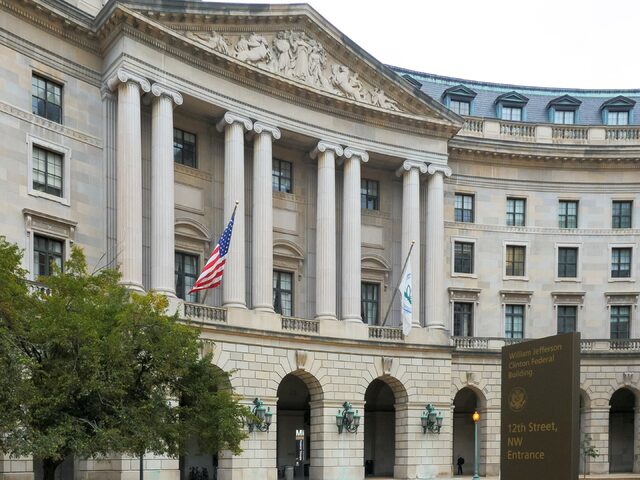
EPA Unveils Largest Deregulatory Initiative in U.S. History
April 1, 2025
Environmental Protection Agency (EPA) Administrator Lee Zeldin has announced the Agency’s plan to undertake 31 deregulatory actions with the stated goal of driving down the cost of living for Americans and revitalizing the American energy and auto industry.

PM2.5 Annual NAAQS Revised
May 7, 2024
The U.S. EPA issued a final rule based on its reconsideration of its 2020 decision to retain the primary and secondary National Ambient Air Quality Standards (NAAQS) for particulate matter (PM) without revision.
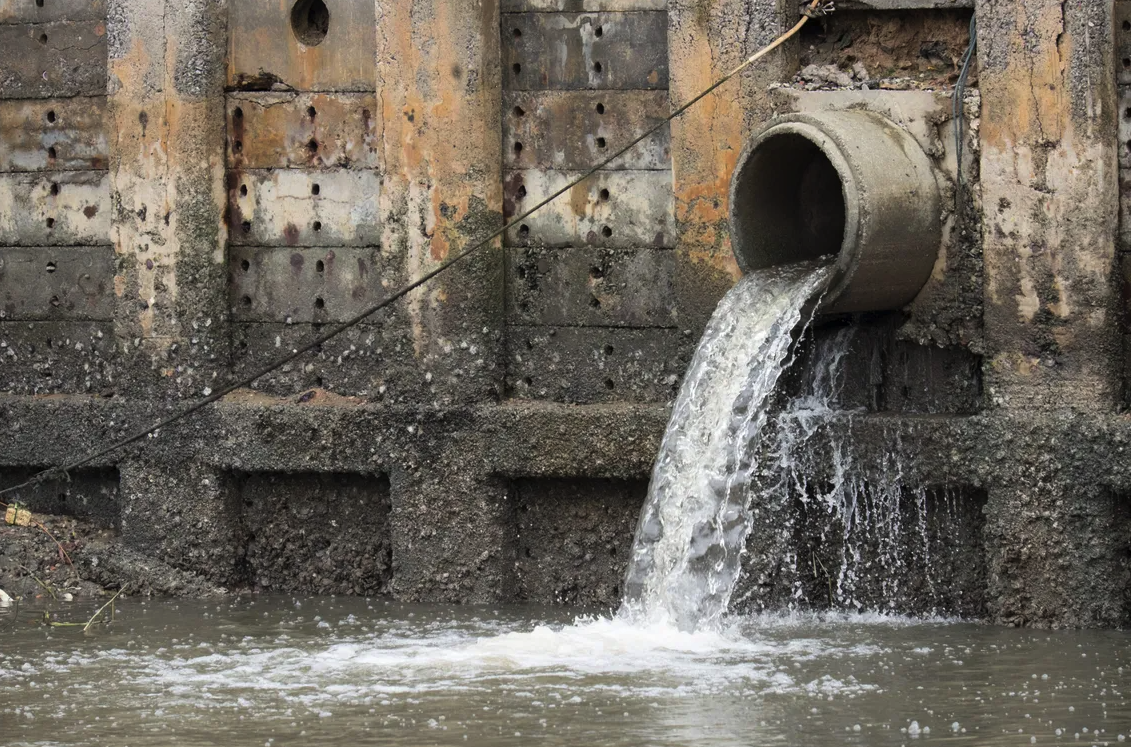
NJDEP Issues Stormwater Management Updates and Amendments
April 12, 2024
The New Jersey Department of Environmental Protection (NJDEP) recently issued two new requirements pertaining to its New Jersey Pollutant Discharge Elimination System (NJPDES) program that affect municipality mapping requirements and the sizing of new stormwater management practices.

Changes to EPA’s Risk Management Program (RMP) Regulations Are Here
April 3, 2024
Changes to the Risk Management Program (RMP) regulations were signed into a final rule on February 27, 2024, by EPA Administrator Michael S. Regan.

Are You Prepared for 2024 TSCA Chemical Data Reporting?
October 9, 2023
Chemical Data Reporting (CDR), like the Olympics, occurs every four years, and then most facilities move on to more pressing environmental, health and safety (EHS) matters.

Intro to NERC Regulatory Guidance on Inverter-Based Resources
August 29, 2023
As renewable energy proliferates across the US power system, the North American Electric Reliability Corporation (NERC) continues to actively address reliability risks resulting from the implementation of inverter-based resources (solar and wind generation technology) connected at both transmission and Distributed Energy Resources (DER) levels.

Proposed Use of a Hazard Index for PFAS National Primary Drinking Water Regulation (NPDWR)
April 4, 2023
The Proposed MCL and MCLG for the four PFAS, PFNA, PFHxS, GenX, and PFBS, considers their toxicity as additive. The EPA has proposed a HI of 1.0 as the MCL and MCLG for the four PFAS combined.
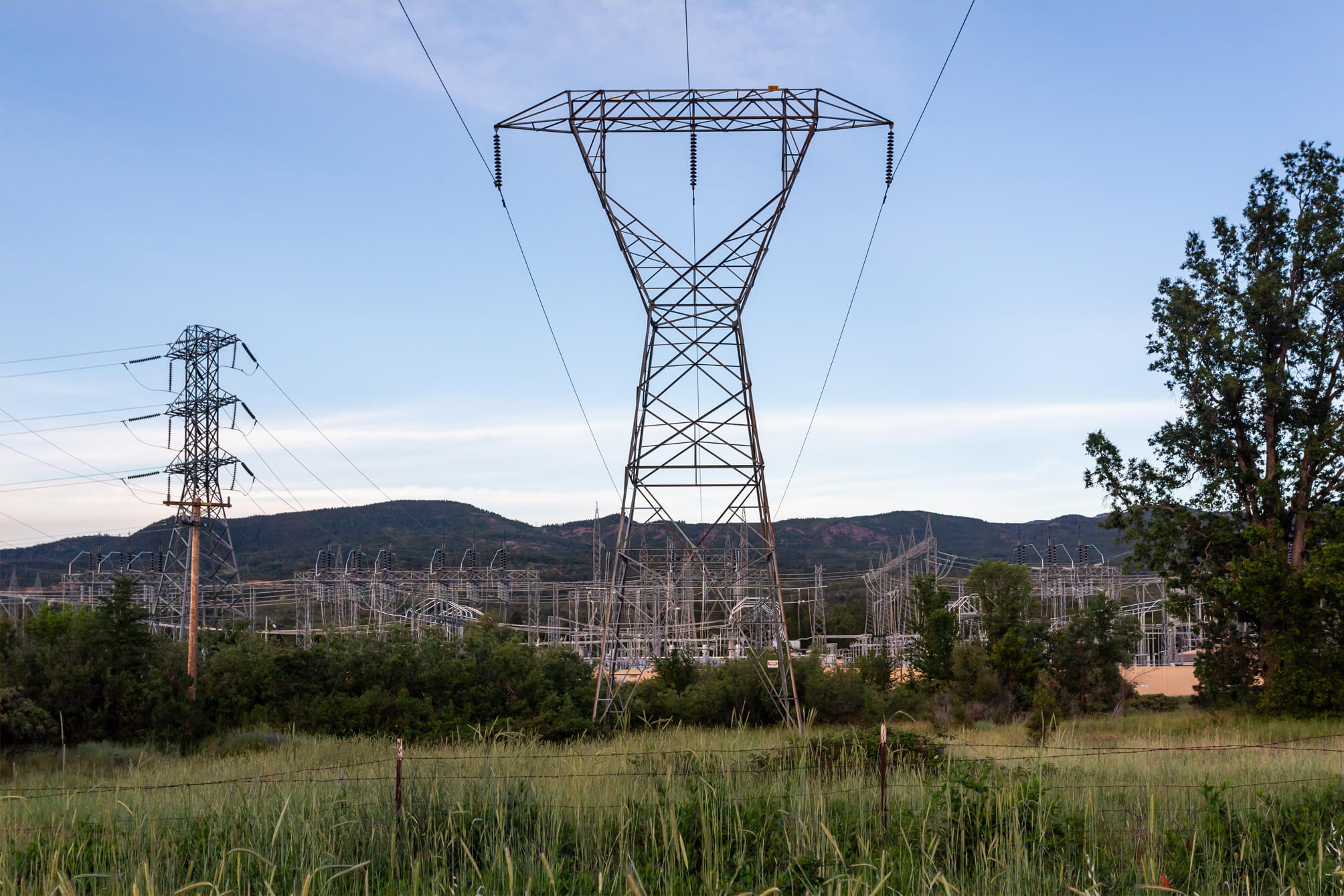
NERC Releases Inverter-Based Resource Strategy Plan
October 25, 2022
The North American Electric Reliability Corporation (NERC) recently released an Inverter-Based Resource (IBR) Strategy, which details the steps needed to successfully integrate IBR facilities into the planning and operation of the power system. The strategy was put in place due to the rapid interconnection of IBR systems, which are extensively used for solar and wind generating facilities, including new battery-based energy storage systems and are one of the most significant drivers of power grid transformation. Because of control system inconsistencies, IBR facilities pose well-documented risks to power system reliability when this strategy’s practices are not adhered to. NERC’s plan calls attention to the need for thoughtful integration of IBRs and identifies current and future work required to mitigate reliability risks resulting from the deployment of this technology.

NERC Releases 2022 State of Reliability Report
September 16, 2022
The North American Electric Reliability Corporation (NERC) recently released its 2022 State of Reliability report, which examines power system performance in calendar year 2021 and evaluates reliability performance trends. The 2022 report identified six key findings regarding power system performance that are summarized as follows:

NERC Proposes Implementation Guidance for PRC-019-2
August 22, 2022
NERC has proposed implementation guidance for PRC-019-2, the standard that verifies coordination of generating unit facility or synchronous condenser voltage regulating controls, limit functions, equipment capabilities and protection system settings.

Revisions to FAC-001 and FAC-002 Submitted for FERC Approval
July 12, 2022
Reliability Standards FAC-001-4 and FAC-002-will resolve uncertainty regarding the meaning of “materially modify” under the currently effective standards.

FERC Order No. 881-A Has Implications for NERC Compliance Programs
June 23, 2022
Updated Order will have significant impact on NERC compliance programs related to both PRC standards and facilities ratings. Utilities should review the Order’s requirements and prepare for changes needed to remain compliant.

Climate Action and Environmental Justice are at the Forefront of EPA’s Strategic Plan
June 14, 2022
The EPA issued its Fiscal Year 2022-2026 Strategic Plan. Although the strategic plans emphases often change with administrations, we can be reasonably certain that the Plan reflects priorities through 2024.

NERC’s Revised PRC-024-3 Standard for Inverter-Based Generation Effective in October 2022
May 11, 2022
Changes to PRC-024-3 in support of inverter-based generation performance are going into effect in October of this year. Interconnection programs and documentation procedures may need to be updated in order to maintain compliance.

FERC Issues Notice of Inquiry Regarding Dynamic Line Ratings
April 25, 2022
There are significant technical challenges involved in implementing Dynamic Line Ratings in the planning and operation of utility systems. Utilities should be prepared to modify their NERC compliance programs as necessary to address the potential introduction of DLR in their businesses.

New NERC Guidance Supports the Implementation of Grid Forming Inverters
March 8, 2022
NERC has issued a new report highlighting the key attributes of various inverter controls to support proper implementation and to protect reliability.

NERC Recommends Approaches for Underfrequency Load Shedding Programs
February 24, 2022
In a recently released reliability guideline, NERC recommends additional approaches for Underfrequency Load Shedding (UFLS) program design to help utilities effectively consider the effects of Distributed Energy Resources (DERs). The guidance was developed to address the accelerated transition of the power system to locally installed, decarbonized resources that depend on inverters. These new technologies introduce operational controls issues into the electric grid. UFLS data gathering and analysis methodologies may require modification to address reliability risks.

NERC and FERC Recommend Protection System Commissioning Improvements
January 18, 2022
Between 18 and 36 percent of reported utility misoperations were attributed to issues that could have been detected through a properly implemented PSC.

FERC & NERC Issue Joint Report on Freeze Reliability Failures
December 15, 2021
The in-depth report outlines twenty-eight recommendations to address freeze reliability failures, including operating practices and recommendations for NERC standards modifications surrounding generator winterization and gas-electric coordination.

NERC Accelerates Additional Cold Weather Standards Changes
November 22, 2021
At its November 2021 meeting, NERC’s Board of Trustees took aggressive action to advance critical cold weather Reliability Standards. Most notably, the group approved the 2022-2024 Reliability Standards Development Plan, which prioritizes standards projects for the coming years including a resolution to include new cold weather operations, preparedness and coordination standards as high priority development projects.
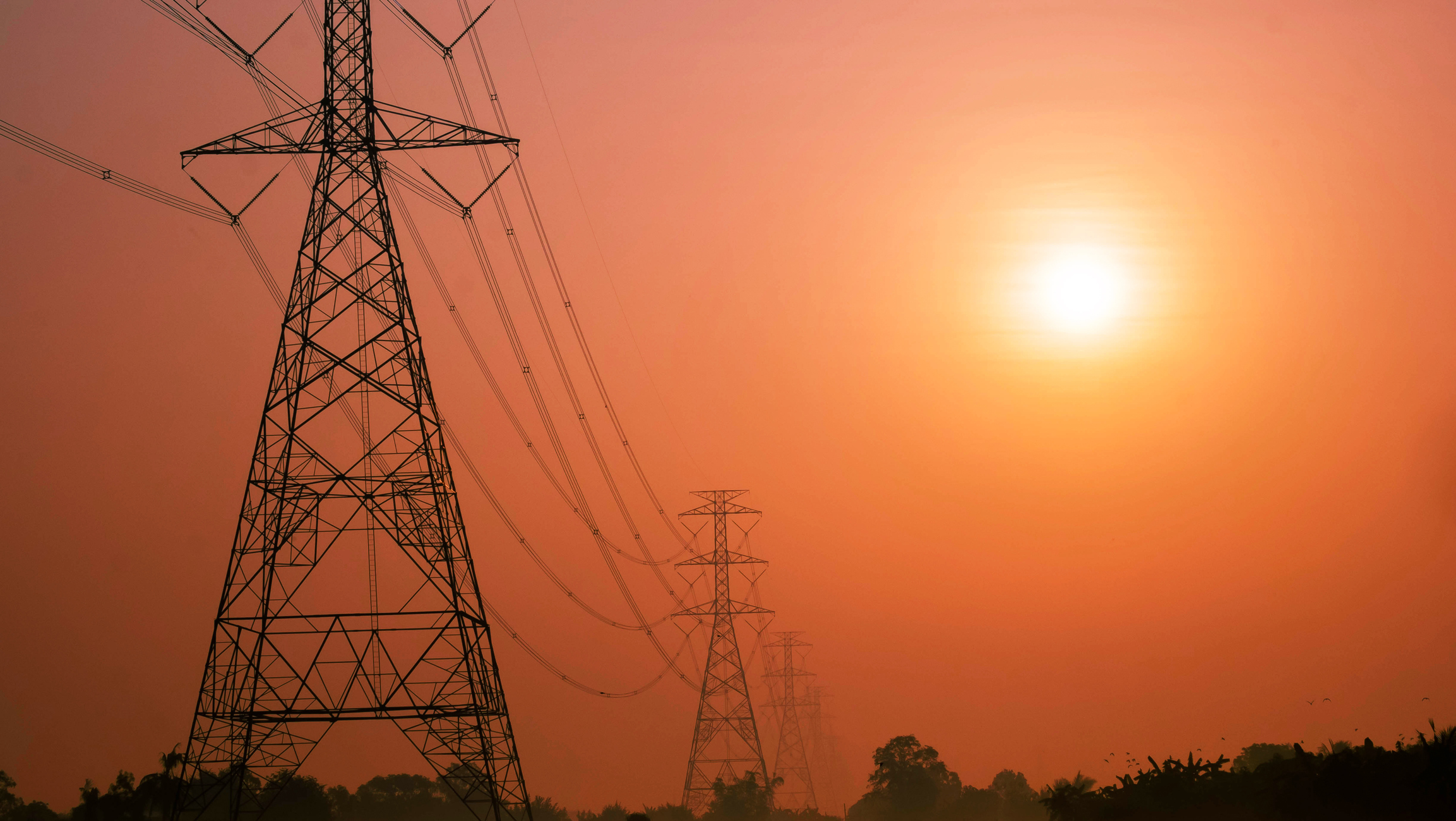
PRC-002-2 Disturbance Monitoring and Reporting Standard: Initial Mandatory Implementation Plan Dates Approach
November 18, 2021
The Federal Energy Regulatory Commission approved PRC-002-2 in September, 2015. The initial due date for system studies necessary to identify locations for the collection of disturbance related data under Requirement R1 is January 1, 2017.

OSHA’s National Emphasis Program on Heat-Related Illness and Injuries
November 3, 2021
On September 20, 2021 in an OSHA National News Release, OSHA published a memorandum establishing an enforcement initiative that is designed to prevent and protect employees from heat-related illnesses and death. This initiative, which develops a National Emphasis Program (NEP) on heat inspections, is an expansion of an already existing Regional Emphasis Program (REP) in OSHA’s Region VI, which covers Arkansas, Louisiana, New Mexico, Oklahoma and Texas.

New Potential Compliance Standards Identified at FERC Technical Conference on Reliability
October 18, 2021
With a focus on the reliability impact of extreme weather and the shortcomings of current system planning approaches, both NERC and FERC conference participants opened the door to potential forthcoming compliance standard enhancements or changes.

NJDEP Implements New Jersey Environmental Justice Law Through Administrative Order
October 5, 2021
On September 22, 2021, the New Jersey Department of Environmental Protection (NJDEP) Commissioner announced the issuance of Administrative Order (AO) No. 2021-25 to implement New Jersey’s Environmental Justice (EJ) Law. This order is effective immediately, and applicants seeking to site new major source facilities, renew major source permits or expand existing facilities with major source permits (e.g., Title V air permits) in overburdened communities are affected. There are more than 4.5 million people that live within 331 municipalities that are overburdened communities in the state of New Jersey.

OSHA Returns to In-Person Inspections As COVID-19 Restrictions Lift
August 4, 2021
The Occupational Safety and Health Administration (OSHA) is authorized by the Occupational Safety and Health Act of 1970 (OSH Act) to assure employers provide safe and healthful work conditions free of recognized hazards and by setting and enforcing standards and providing training, outreach, education and technical assistance. OSHA has recently announced the return to in-person inspections as COVID-19 restrictions begin to lift.

NERC Proposes Revisions to CIP-008
March 27, 2021
NERC’s CIP-008 standard aims to mitigate reliability risks resulting from a Cyber Security Incident by specifying incident response requirements. Newly proposed revisions would augment mandatory reporting to include incidents that compromise, or attempt to compromise, a utility’s Electronic Security Perimeter (ESP) or associated Electronic Access Control or Monitoring Systems (EACMS).

NERC Releases 2021 Compliance Monitoring and Enforcement Findings
February 8, 2021
NERC’s 2021 Compliance Monitoring and Enforcement Program reframes the previous year’s risks and their associated areas of focus. Utilities should review their compliance programs and internal controls to determine if enhancement or changes are need to maintain compliance.

2020 TSCA Chemical Data Reporting (CDR)
December 7, 2020
Earlier this year, EPA revised the CDR rule to reflect the 2016 amendments to TSCA, including changes for foreign-owned businesses and the reporting responsibilities of suppliers and contractors, as well as an exemption for small businesses.

Integrity Dig Integrated Services
August 4, 2020
Our Integrity Engineers, Surveyors, Right-of-Way Experts and Environmental Scientists are well-versed in all phases of integrity dig programs from preparing the pipeline for a tool run, interpreting results, verifying proper repair procedures and obtaining federal and state environmental approvals. Our team includes former pipeline operators, survey experts, PHMSA and environmental regulators and trainers. We developed the current ILI training curriculum for PHMSA’s training program.

Targeting Perfection in the Construction and Operation of Pipelines
October 18, 2019
To have an impact on the delivery or operation of a pipeline, it’s vital to eliminate the intra- and inter-company barriers, including those in the areas of communications, culture and technology.

PHMSA Publishes New Rules to Increase the Safety of Hazardous Liquid Pipelines and Gas Transmission Pipelines
September 25, 2019
The Pipeline and Hazardous Materials Safety Administration this week published important new rules aimed at improving pipeline safety.

NERC Calls for New Approach to Reliability Planning Due to Gas Supply Disruption Risks
December 14, 2017
A recently published NERC report concludes that as reliance on natural gas to meet electric generation requirements increases, additional planning and operational measures must be considered to mitigate power system reliability risks.

Changes to EPA’s Risk Management Program (RMP) Regulations Are Coming
April 14, 2023
Changes to the Risk Management Program (RMP) regulations were signed into a final rule on February 27, 2024, by EPA Administrator Michael S. Regan.

Deadline Approaching for Utilities to Report SF₆ Emissions to EPA
March 8, 2023
The EPA regulates greenhouse gas (GHG) emissions under the Greenhouse Gas Reporting Program (GHGRP) and has recently decided to place renewed emphasis on sulfur hexafluoride (SF₆).

Routinely Evaluating the Health & Effectiveness of Integrated Systems to Manage EHS/ESG Risks – Part I
March 1, 2023
Once established, an EHS/ESG management system must be routinely evaluated to ensure it remains effective to identify and control risks, as well as accommodate and adjust for changes that occur to/within the organization.

Phase I ESA ASTM Standard Update: The Wait is Over
December 21, 2022
The USEPA published a Final Rule making the ASTM E1527-21 Phase I ESA standard AAI compliant.

Optimizing EHS/ESG Information Management and Reporting Systems by Leveraging Innovative Digital Technology Solutions
August 10, 2022
A single, integrated enterprise wide EHS/ESG IMS can significantly improve performance and communicate progress towards organizational requirements and goals.

Support an Integrated EHS/ESG Management System
June 10, 2022
NERC has released a report concluding that the increasing interdependence of the power system and the natural gas delivery system has resulted in new electric reliability risks. NERC’s Special Assessment: Potential Bulk Power System Impacts Due to Severe Disruptions on the Natural Gas System notes that as reliance on natural gas to meet electric generation requirements increases, additional planning and operational measures must be considered to better mitigate power system reliability risks. Recommended Actions Utilities should consider the loss of key natural gas infrastructure in their planning studies. Utilities should develop criteria to evaluate large-scale power delivery system reliability impacts due to loss of natural gas pipelines, LNG, compressor stations, or natural gas storage facilities in the extreme event list as detailed in the Transmission Planning NERC Reliability Standard (TPL-001-4). The criteria should also consider capacity and energy limitations, including seasonal replenishment requirements of gas storage facilities. Pipeline systems should be planned with the equivalent of N-1 contingency planning to assure deliverability of natural gas in the event of a pipeline, LNG terminal, or gas storage facility outage. Owners and operators of dual fuel capable generators must ensure operability on their secondary fuel. Generator Owners and Operators of units with dual fuel capability should maintain and regularly test fuel switching operational capabilities and back up fuel inventories at units to ensure that dual fuel capable units provide adequate resilience in the event of a natural gas outage.

How to Use an Integrated Approach To Manage EHS and ESG Risks
April 20, 2022
NERC has released a report concluding that the increasing interdependence of the power system and the natural gas delivery system has resulted in new electric reliability risks. NERC’s Special Assessment: Potential Bulk Power System Impacts Due to Severe Disruptions on the Natural Gas System notes that as reliance on natural gas to meet electric generation requirements increases, additional planning and operational measures must be considered to better mitigate power system reliability risks. Recommended Actions Utilities should consider the loss of key natural gas infrastructure in their planning studies. Utilities should develop criteria to evaluate large-scale power delivery system reliability impacts due to loss of natural gas pipelines, LNG, compressor stations, or natural gas storage facilities in the extreme event list as detailed in the Transmission Planning NERC Reliability Standard (TPL-001-4). The criteria should also consider capacity and energy limitations, including seasonal replenishment requirements of gas storage facilities. Pipeline systems should be planned with the equivalent of N-1 contingency planning to assure deliverability of natural gas in the event of a pipeline, LNG terminal, or gas storage facility outage. Owners and operators of dual fuel capable generators must ensure operability on their secondary fuel. Generator Owners and Operators of units with dual fuel capability should maintain and regularly test fuel switching operational capabilities and back up fuel inventories at units to ensure that dual fuel capable units provide adequate resilience in the event of a natural gas outage.

New Phase I ESA Standard Will Affect Environmental Due Diligence
January 25, 2022
After years of review, revisions and discussions, the new ASTM E1527 Phase I Environmental Site Assessment (Phase I ESA) standard has been published. The new standard includes updates to definitions, clarifications on processes and requirements, and guidance for emerging contaminants.

Managing EHS & ESG Risks Through Integrated Systems Today and Beyond
July 22, 2021
It has been more than 50 years since the development and establishment of the federal Environmental Protection Agency (EPA) and the federal Occupational Safety & Health Administration (OSHA) which were formed to protect our environment and workplaces across the United States. Significant laws, policies and regulations followed to establish the “regulatory programs” that all applicable businesses and entities must address and meet to ensure these compliance-driven legislative programs would create a foundation to protect our society.

Environmental Impacts of Transitioning to Renewables
May 15, 2021
The transition to renewable energy sources will have notable environmental impacts as well as economic impacts. To understand the possible implications, you’ll need some background knowledge of the ways fossil fuels affect the environment.

Interim Guidance on Destruction and Disposal of PFAS & Materials Containing PFAS
February 19, 2021
Interim Guidance from EPA identifies 6 materials that use or manufacture PFAS and approaches for disposal.

TRC Companies Inc. Acquires 1Source Safety and Health
November 11, 2020
TRC Companies (“TRC”), a leading technology-driven provider of end-to-end engineering, consulting and construction management solutions, has acquired 1Source Safety and Health, a firm that provides management consulting services in areas such as indoor air quality, asbestos management, industrial hygiene and safety management systems.

Michael Kurinsky
Mike Kurinsky is a TRC Project Manager who specializes in transactional due diligence. He has over 17 years of experience and is based in Cleveland, Ohio. He and his team assist clients with environmental due diligence and compliance evaluations for domestic and international projects. He regularly assists with projects performed through Ohio’s Voluntary Action Program (VAP). Contact Mike at mkurinsky@trccompanies.com.

Joshua Morris
Josh Morris is a TRC Project Manager and Due Diligence and ISRA Specialist with 11 years of experience based in Northern New Jersey. He and his team assist clients with environmental due diligence (i.e., Phase I Environmental Site Assessments and Preliminary Assessments), transaction advisory services and compliance with New Jersey’s Industrial Site Recovery Act (ISRA) and Site Remediation Program. Contact Josh at jmorris@trccompanies.com.
Jess Bonilla
Jessica Bonilla is a TRC Environmental Intern based in TRC’s New Providence, New Jersey office. Jess will be graduating from William Paterson University at the end of the year and joining TRC full-time. She has assisted with the preparation of Phase I Environmental Site Assessments and Preliminary Assessments, and Spill Prevention, Control and Countermeasure (SPCC) plans. Contact Jess at jbonilla@trccompanies.com.



